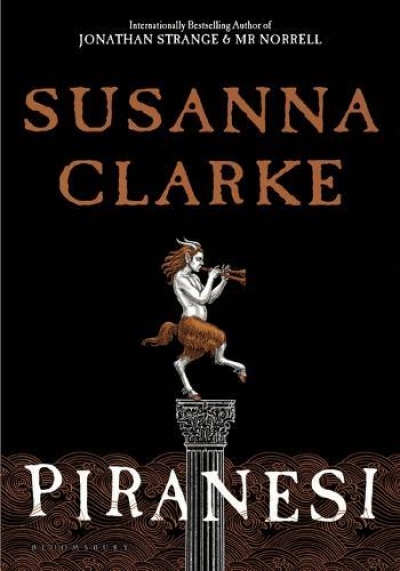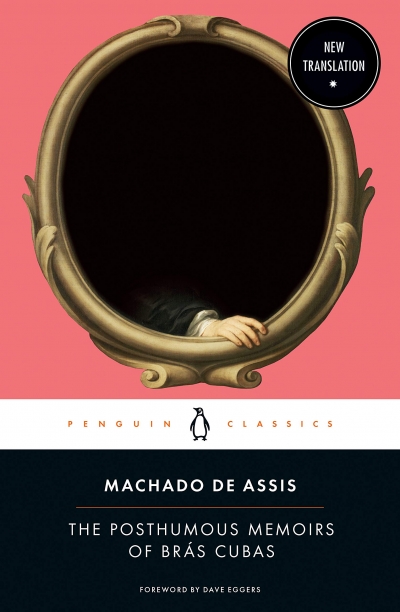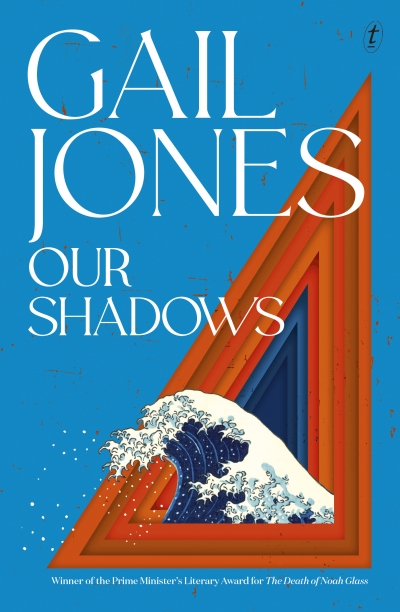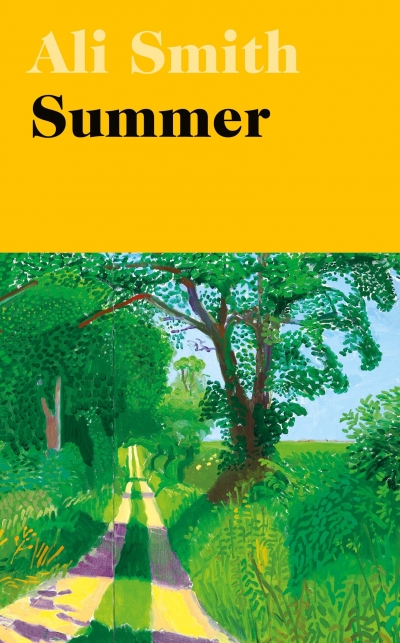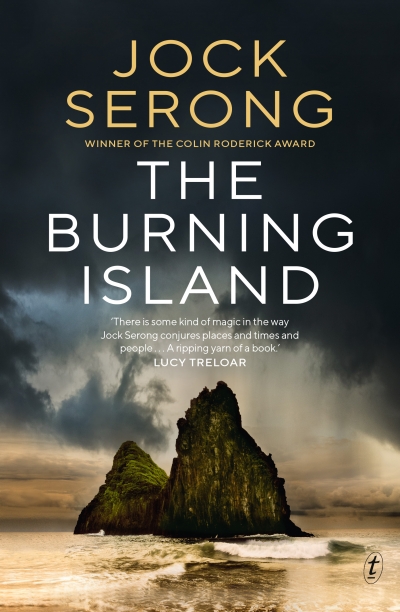Fiction
In perhaps the most tender story in this textured, interconnected collection, an adolescent son spends the summer sunbathing in the backyard and sneaking glances at the paperboy while his working-class, stay-at-home father, who reads detective fiction and likes to ‘figure things out before the endings’, gently attempts to make it known to his son that he can tell him anything.
... (read more)It is day one hundred and seventeen of the official ‘Shelter in Place’ order in Berkeley, California, when I finish Susanna Clarke’s surreal, heartbreaking novel Piranesi, having rationed the final pages over several days.
... (read more)The Posthumous Memoirs of Brás Cubas by Machado de Assis, translated by Flora Thomson-DeVeaux
From the moment one reads that this book is dedicated ‘To the worm that first gnawed at the cold flesh of my cadaver’, it is clear that The Posthumous Memoirs of Brás Cubas, first published in Rio de Janeiro in 1881, is a novel like few others.
... (read more)Malcolm Knox told Kill Your Darlings in 2012 that with The Life (2011), his celebrated surfing novel set on the Gold Coast, he wanted to write a historical novel about the Australian coastline and ‘that moment when one person could live right on the coast on our most treasured waterfront places, and then all of a sudden they couldn’t’. In Bluebird, set on a northern beach a ferry ride from ‘Ocean City’, this brutally undemocratic transformation is promoted from a minor theme to the engine that drives the highbrow soap-opera narrative.
... (read more)The first three chapters of William Boyd’s beguiling new novel, Trio, are devoted to the waking habits of three people: a novelist called Elfrida Wing, stirred from slumber by the brightening morning sun; a film producer called Talbot Kydd, jolted into a new day by an erotic dream taking place on a beach; and an American actress called Anny Viklund, who, it seems, hasn’t had the time to consider sunrays or reverie. Anny, the only one of the trio not to wake up alone, has spent a vigorous night with a younger man called Troy Blaze.
... (read more)Our stories are not working. Whether they be the kind we tell in fiction, or the larger canvas of culture twittering away across the global village, our present reality – the seismic planetary shifts, the pandemical turmoil – evades our collective narrative comprehension. We are clearly at a critical moment in history, the consequences of which will ripple through time in unimaginable ways. In preparation for what is to come, we urgently need to view the frightening present with clarity. Only then, by extrapolating the likely future of our planet, might we begin to imagine a better world. There may not be a more qualified living writer to do this than Kim Stanley Robinson.
... (read more)During Operation Barbarossa in 1941, the Germans occupied Yasnaya Polyana – the former estate of Leo Tolstoy – for just forty-five days and converted it into a field hospital. The episode features in the war reportage of Ève Curie (daughter of Marie), and sounds like tantalising, if challenging, source material for a novelist. There’s the brutal irony inherent in the home of a world-famous prophet of non-violence being occupied by, of all people, the Nazis. There’s the human loss and horror of the deadliest military operation in the deadliest war in history. And there’s audacity in invoking and responding to Tolstoy’s great epic of another – Napoleon’s – doomed invasion of Russia: War and Peace (1869).
... (read more)Gail Jones’s new novel, Our Shadows, provides readers with another virtuoso performance, showing a writer fully in control of her medium. It is a poetic and beautifully crafted evocation of shadowy pasts whose traumatic effects (in the world and in individual lives) stretch deep into the present and the future.
... (read more)I could begin with a lark stitched into a letter. It’s 2020 and ‘all manner of virulent things’ are simmering. Sixteen-year-old Sacha writes to Hero, a detained refugee. She wants to send ‘an open horizon’. Unsure what to say to someone suffering injustice, she writes about swifts: how far they travel, how they feed – and even sleep – on the wing. The way their presence announces the beginning and ending of summer ‘makes swifts a bit like a flying message in a bottle’. Maybe they even make summer happen.
... (read more)Criminal lawyer turned crime/thriller writer Jock Serong has produced five highly successful novels in as many years. His latest, The Burning Island, is probably his most ambitious to date. Set in 1830, it is part revenge tale, part mystery, part historical snapshot of the Furneaux Islands in Bass Strait, in particular the relationship between European settlers and Indigenous women, who became their ‘island wives’, or tyereelore. It is also the moving story of a daughter’s devotion to her father, with a cracking denouement reminiscent of an Hercule Poirot mystery.
... (read more)

